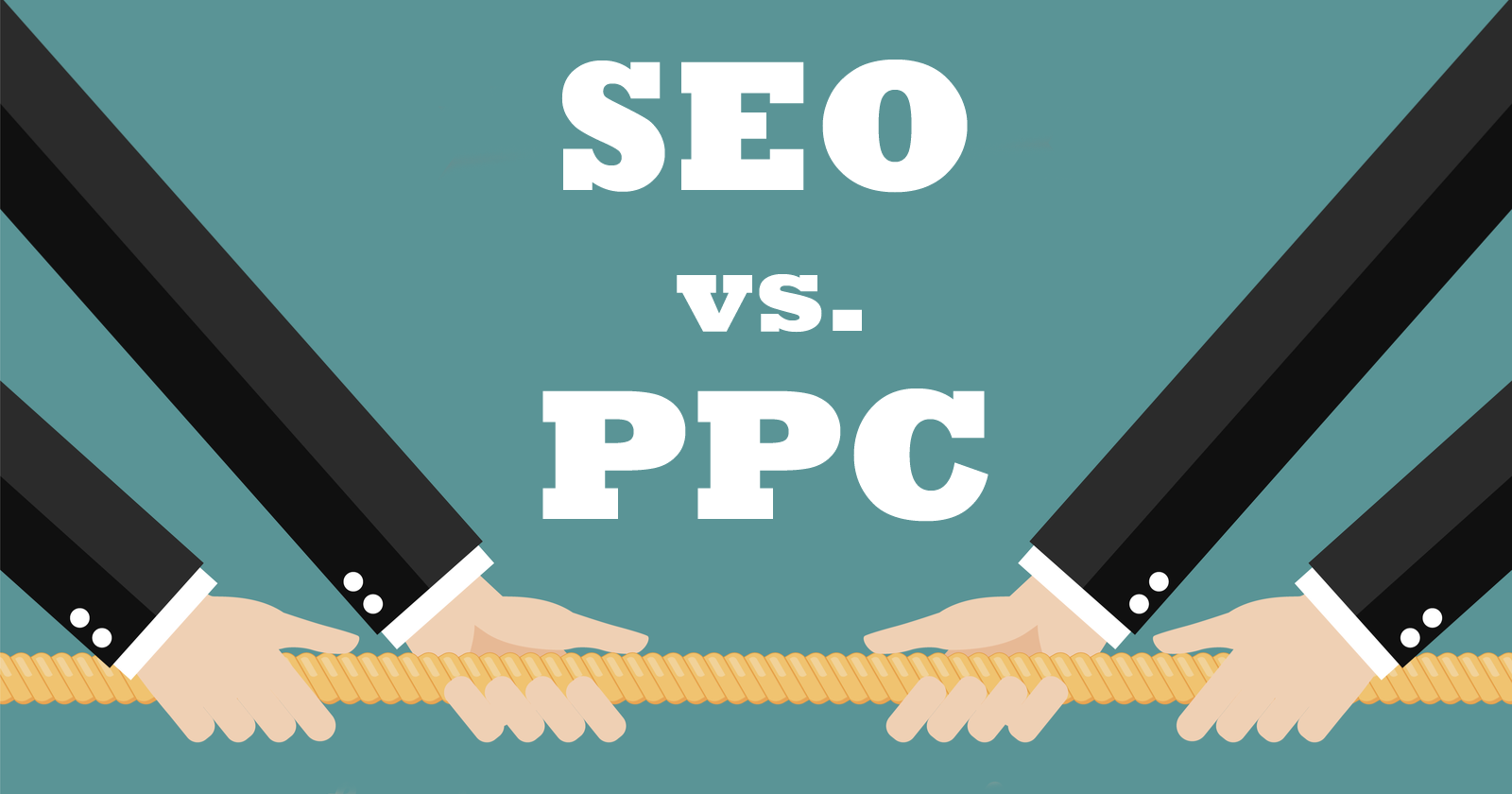The beauty of marble has made it a popular choice when it comes to natural stone materials to be used by homeowners, architects and designers for several decades in the UK. And although natural marble’s aesthetics are definitely impressive, its surfaces can potentially be somewhat prone to stains and etching if not looked after minimally, with its t maintenance requirements being a little bit higher when compared to the new types of stone surfaces available in today’s marketplace. Partly to this, other materials that mimic marble with effortless charm are becoming ever more popular for stone applications in kitchens, bathrooms and even in external areas such as gardens and patios on both residential and commercial properties.
Thanks to the latest technologies, you can now have the beauty of marble at home, without worrying about stains, maintenance, and scratches with new and advanced stone surfaces such Dekton. Manufactured by Cosentino which is one of the most popular surface manufacturers and distributors all over the world, Dekton is receiving widespread popularity among a wide array of clients, due a perfect blend of resistance, durability and visual appeal.
If you are looking for the best surface for your kitchen and are confused between marble and Dekton worktops, we have listed some major differences between these two surfaces to make the selection easier.
Bianco Carrara Extra marble worktops in a Deli located in London
- How are they manufactured?
While marble is a metamorphic rock which forms naturally from limestone, Dekton is man-made. It is a combination of quartz, glass, porcelain, ceramic and a host of raw materials which are subjected to an advanced ‘Sinterized Particle Technology’ which is an accelerated version of the natural metamorphism process which rocks go through, resulting in an ultracompact surface that is highly resistance to both heat and freezing conditions and never fades with the passage of time.
- Stain resistance
One of the major disadvantages of marble is its potential staining, which makes it a not so ideal choice for kitchen worktops if you aren’t a person that will keep surfaces clean and tidy at all times. On the other hand, Dekton kitchen worktops in London, UK are not just stain-resistant but also completely stain-proof, making it one of the best products ever seen for food preparation and areas that require a sturdy material and incredible looks. One of the main reasons for Dekton’s stain resistance is the absence of resins (present in other man-made products such as quartz or engineered marble) and its practically zero porosity which makes these surfaces chemically resistant. Be it coffee, wine, or rust, most stubborn of stains can be easily wiped off Dekton surfaces.
- Scratch resistance
While marble is harder than a most materials such solid surfaces, wood or laminate; it is no match for Dekton. The softer a surface is, the more prone it is to scratches. When compared to Dekton, marble is much more prone to scratches. While there are ways to eliminate smaller scratches from marble surface, there is no effective solution to substantially large scratches, should these accidentally occur?Dekton reviews, on the other hand, suggest that it is one of the most scratch-resistant surfaces in today’s world. You can chop, cut and work on Dekton worktops without the worry of scratching its surfaces and any metal residues from knives and forks can easily removed from its surfaces.
Kitchen Island in Dekton Kairos and worktops in Dekton Zenith in a contemporary setting
- Availability
Availability is something where marble has the edge over Dekton. Marble has been a popular choice for emperors, kings and royalty for several centuries, and it can be difficult to find surface providers who do not offer a wide range of marble kitchen worktops in London, UK. But the same might not be true for Dekton. Being a fairly new surface, Dekton countertops are not yet understood by all fabricators, with many claiming it is not a good product which many times can be attributed to lack of tooling, machinery and/or expertise in working with the new ultracompact materials. Having said this, market demand is ensuring and Dekton is taken on by more and more stone companies in London in the UK, making it easily available in a very short period of time, when compared to the historic demand of natural marble products.
- Price
Price too is a factor when it comes to having beautiful yet resistant stone surfaces. There are many types of marble surfaces which are available at many price points. For example, white marble worktopsmade out of Bianco Carrara marble are very commonly preferred by homeowners for its reasonable price and stunning looks. While there are rare and very expensive marble surfaces too, Dekton price is not the cheapest as it is made with a new technology in the industry. Having mentioned this, Dekton maintains stable price structure across its range of different shades, finishes and thicknesses, which makes it easy to stick to a budget regardless of the colour of choice. When it comes to long term investments the lack of maintenance requirements present in Dekton worktops makes it a value for money product in the long run.
As you can see, there are some major differences between Dekton and marble. Thoroughly understand these differences to make an informed buying decision. In case you are still confused, look for a popular Dekton and marble supplier in London, and they’d surely be able to help you make the right decision.









